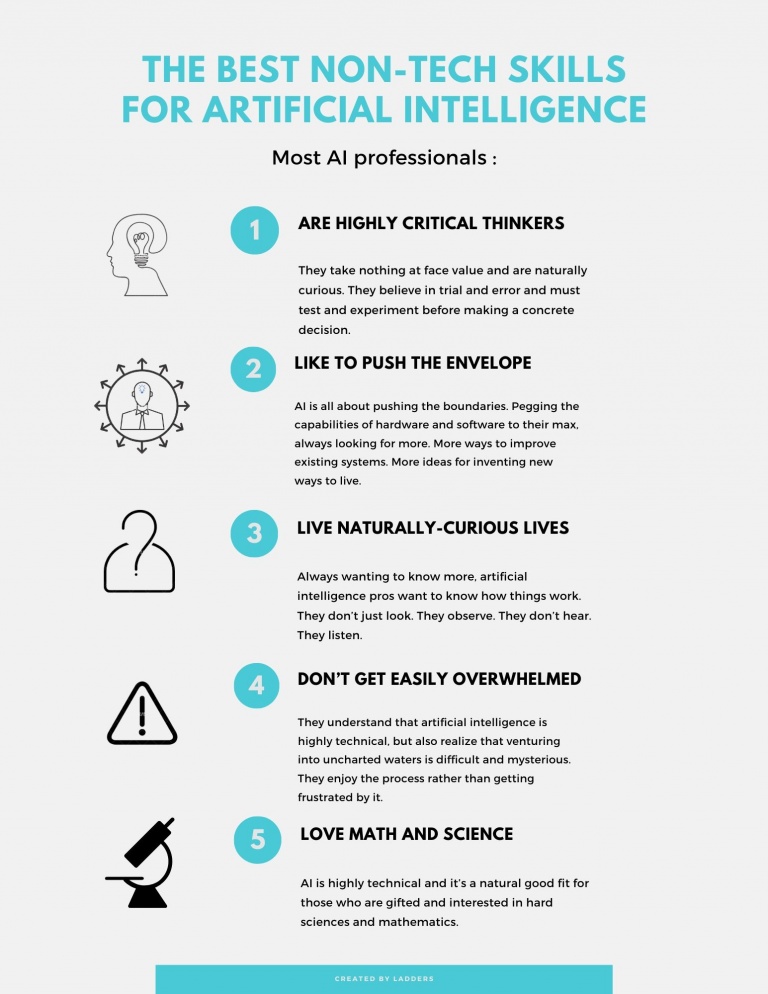What is AI?
The term ‘Artificial Intelligence’ was defined by John McCarthy, widely recognized as the father of Artificial Intelligence, in 1956 as ‘the science and engineering of making intelligent machines
Simply put, AI is development of computer systems to perform intelligent task/s that involves decision making, solving complex problems, and more based on predestined rules, search algorithms and analysis.
Which Industries are Using AI?
AI is being used in many applications across a variety of industries, from robot-assisted surgery to a self-driving cars. Here’s a list of a few of the industries that are using AI, and a
career in artificial intelligence:
1. Healthcare: AI has helped automate the process in healthcare and has simplified the lives of patients, doctors, and hospital administrations. It is used for-
- Robotics in surgery
- Digital consultation
- Medical Data maintenance
- Efficient diagnosis
- Drug development
2. Education: Covid19 has forced the education sector to innovate on its feet – tech-based advancements and online teaching have become the order of the day. Aside from that, here are the various ways AI has influenced education:
- Robotic student tutor/s
- Parent-teacher conferencing
- Personalized learning
- Automated admin task
- Global learning
3. Marketing: From reaching the right audience to creating the right product, AI has been instrumental in marketing. Ways AI is used in marketing includes-
- Ad creation and management
- Audience targeting
- Predict purchasing patterns
- Product recommendations
- Enhance customer experience
4. E-Commerce: From understanding customers to generating new leads, the various uses of AI in e-commerce are:
- Inventory analysis
- Sales forecast
- Customer assistance
- Personalized user experience
- Identify, retarget customers
- Virtual assistants
5. Financial market: One AI’s finest competencies lie in financial matters. Here are some areas to watch out for:
- Risk assessment
- Decision making
- Fraud detection and management
- Financial advisory services
- High intelligence trading
- Finance management
6. Agriculture: AI boosts productivity and efficiency. This is why AI in agriculture has been of immense help to farmers, including:
- Efficient production, harvest and sales
- Improves crop production
- Weather forecasting
- Pest/disease identification
- Crop management practices
- Soil health management








![Best Universities in New Zealand for International Students [2025 Rankings]](https://tcglobal.com/wp-content/uploads/2025/09/Best-Universities-in-New-Zealand-for-International-Students-2025-Rankings-600x338.png)